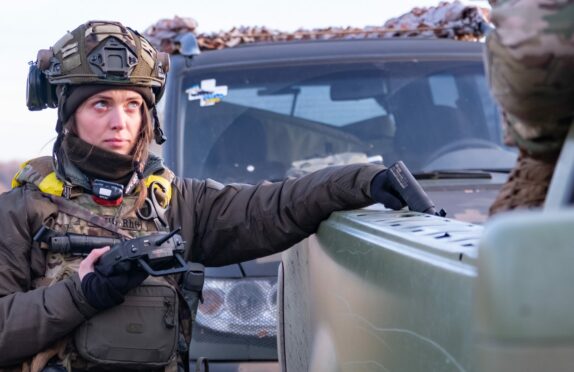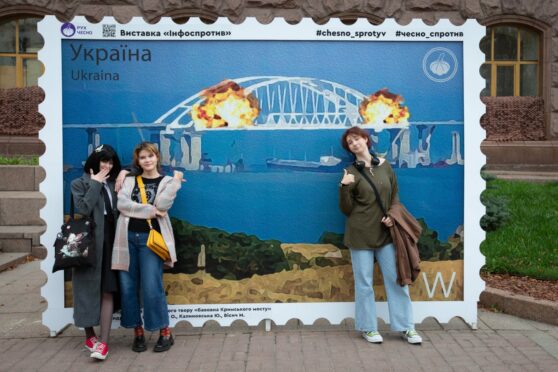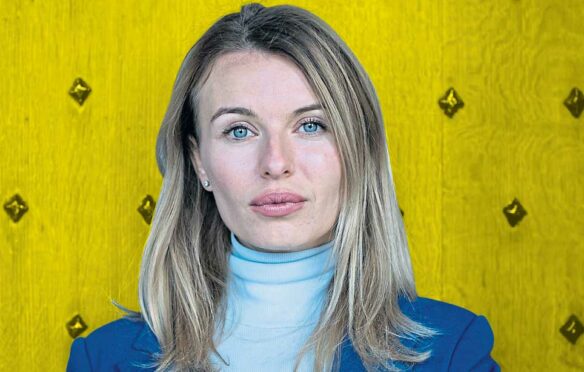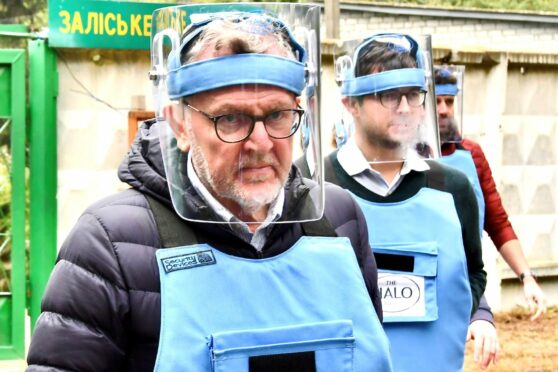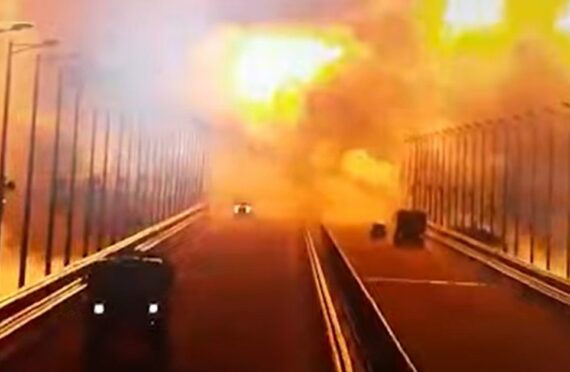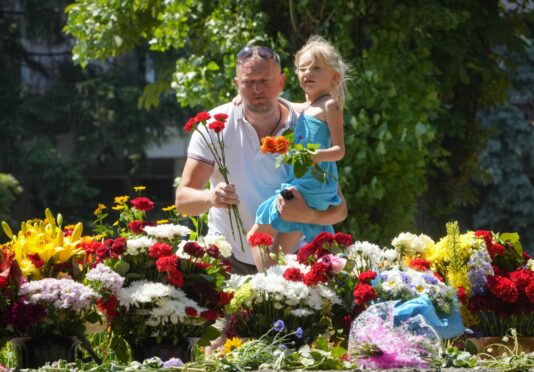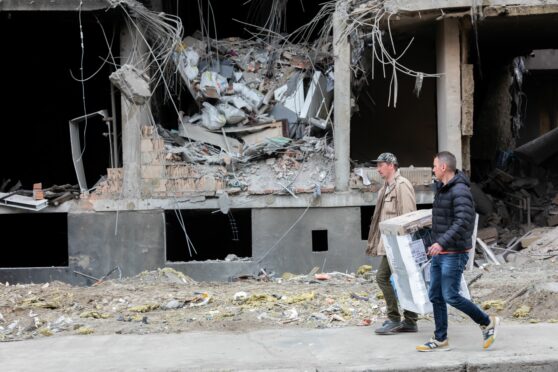
Four months ago, few Scots would have been spending time thinking about a massive Russian invasion of Ukraine. Yet here we are. More than two months after Vladimir Putin’s catastrophically conceived attack on Ukraine, we are left with the greatest crisis Europe has seen since 1945.
The invasion, which started on February 24, has been a disaster on all fronts. A strategic disaster for the Russians as the world realised their army was not nearly as strong as assumed, their understanding of the Ukrainians astoundingly poor, and their plan of operations foolish.
Their original strategy was based on the idea the Ukrainians would fight with little conviction if at all and the Russian armed forces were so good they could quickly seize much of the east of the country, decapitating the Ukrainian government and taking over the entire country. Since then, they have been taught a hard lesson.
Ukrainian resistance has been much fiercer and strategically sophisticated than had been imagined, the Russian army was defeated around Kyiv and Putin has had to drastically scale back his strategic goals.
At the same time, the invasion has caused a humanitarian catastrophe for the Ukrainian people. They have been the subject of grotesque and horrific war crimes, from summary execution to widespread rape. Millions have been forced into exile, becoming immigrants from their homes overnight and now scattered around Europe and the globe – a number of whom have come to Scotland.
Finally, the invasion has caused a transformation in the strategic position of Europe. Putin’s naked aggression and widespread war crimes have strengthened Nato and seem to be leading Sweden and Finland to be hastening towards membership. The European Union is now in the process of re-evaluating its strategic policy, with many leading states not only sending significant amounts of military and humanitarian aid to Ukraine, but also moving to beef up the EU’s military capabilities.
All these extraordinary events will have repercussions around the world for years to come, with the impact being felt in Scotland and across the UK. There has never been a greater need for a deeper understanding of international relations and that is why the creation of the new Scottish Council on Global Affairs is both timely and important.
Launched last week as an initiative of the universities of St Andrews and Edinburgh, with the support of both the Scottish Government and Foreign Commonwealth and Development office, the new council aims to raise the profile of global affairs research in Scotland, both informing the public debate in impacting policy.
The cross-party, non-partisan approach of the council is vital as it aims to reach across the constitutional divide to raise the level of debate.
As the Ukraine war has demonstrated, a well-grounded understanding of international issues remains as important, if not more important, than at any point in our history.
Professor Phillips O’Brien, Professor of Strategic Studies, St Andrews University, is co-director of the Scottish Council for Global Affairs

Enjoy the convenience of having The Sunday Post delivered as a digital ePaper straight to your smartphone, tablet or computer.
Subscribe for only £5.49 a month and enjoy all the benefits of the printed paper as a digital replica.
Subscribe